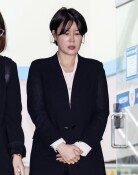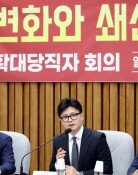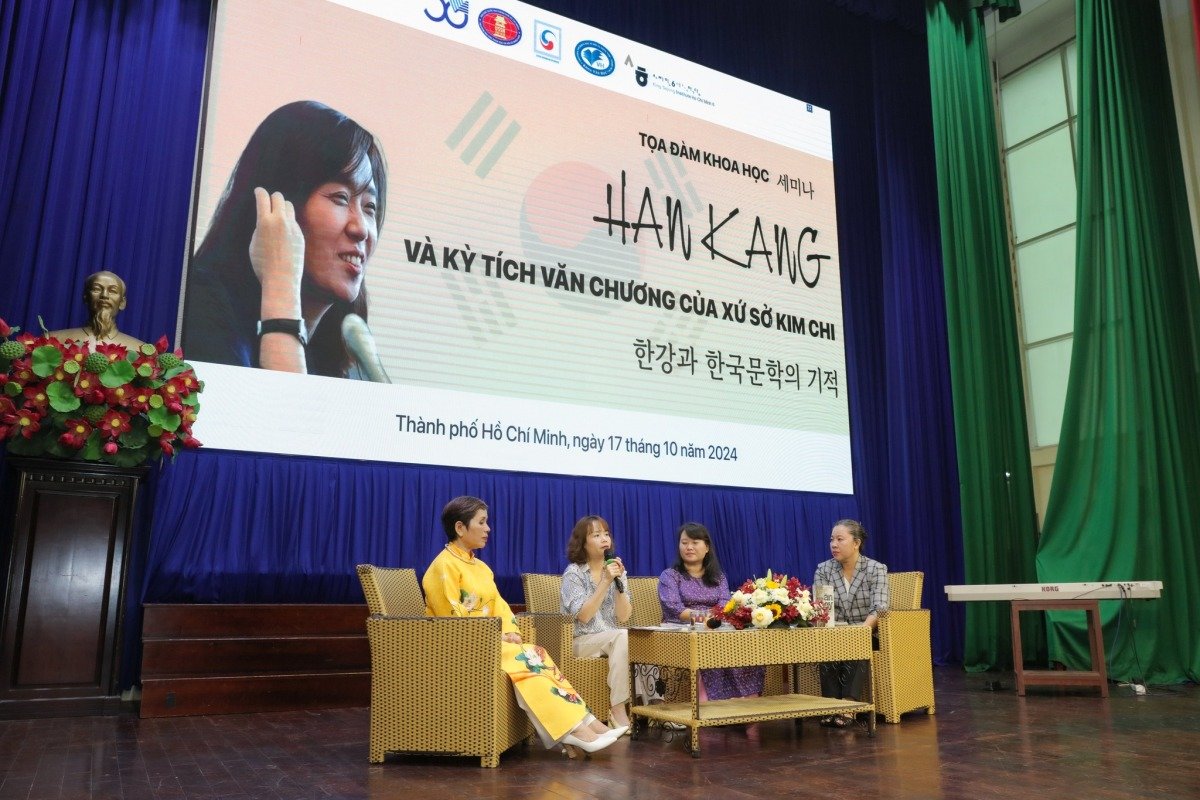[Editorial] Economy: ¡®Prepare for worst!¡¯
[Editorial] Economy: ¡®Prepare for worst!¡¯
Posted October. 19, 2000 12:19,
A foreboding gloom seems to have fallen over the Korean economy. In the past few days, stock prices have fallen to a level reminiscent of the crash immediately following the foreign currency crisis three years ago, while the won has declined in relation to the U.S. dollar and bond prices have sunk to their weakest.
As the situation has been seen as an indicator of an imminent second crisis, the business sector seems to be preparing for the worst. The upper management at Samsung Group has ordered all of its affiliates to "prepare for the worst" and has implemented a crisis-management policy. SK Group has adopted a crisis-management system for its core affiliates.
Considered one of the factors for the stock market nose dive, the continued liquidity crisis at Hyundai Group affiliates including Hyundai Engineering and Construction might worsen Daewoo Group's collapse and add to the anxiety of the general public, already overburdened with worries and fears. To the criticism that the Hyundai had been blind to its internal crisis while awash in the dream of pursuing business ventures in North Korea, Hyundai management might not have much to say.
It is true that the current situation results from external factors such as the steep drop in the international semiconductor prices and the steep rise in international oil prices. However, knowing that one of the factors for the 1997 economic crisis was over-dependency on the semiconductor industry, Korea has been treading the same grounds without adequately formulating a countermeasure for such narrow dependence on a single industry.
To alleviate the current economic crisis, the government needs to first invigorate the will of businesses. It must remain true to the principles of business structural reform and hasten the closures of non-viable businesses in order to stabilize and promote the will of the viable businesses.
The Fair Trade Commission's retraction of its pledge and extending the bank account audit rights for three more years is an example of a policy that breaks the very will of the businesses. A reason that those of wealth illegally transfer capital out of Korea is that their minds and hearts are in great discomfort. It is not to say, it should be allowed to go on. As such illegal transfer of currency could lead to a great adverse repercussion, such crime should be severely punished.
The government's stock market policy should not be one of sporadic short-term fixes. It should be one that strengthens the quality of the economic drive. Should the government fall to the pressure of the public, which fears the pain of reform, the Korean economy might develop even higher dependency on government support and might never reach complete independence.
However, even more desirable is the restoration of trustworthiness of the related government officials. Recent contradictory statements by the economic policy makers of the government were incomprehensible. The policy of the government should be consistent, and the voice of the government should be one.
Headline News
- Presidential Office signals possible offensive weapons aid to Ukraine
- N. Korea reportedly prepares military balloon attack with Russia
- Medical associations join bipartisan talks on expanding medical school quotas
- Former world No. 1 Ko Jin-young returns to LPGA
- Kakao unveils AI service ‘Kanana’ at 'if Kakao AI 2024'







